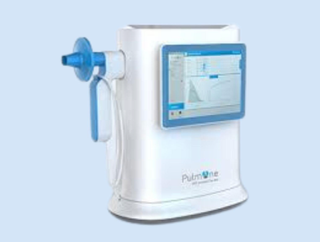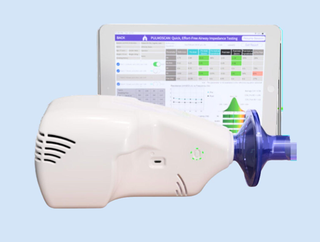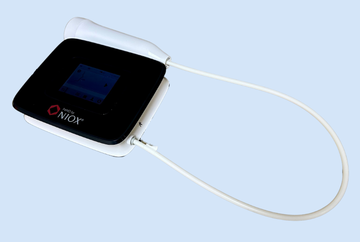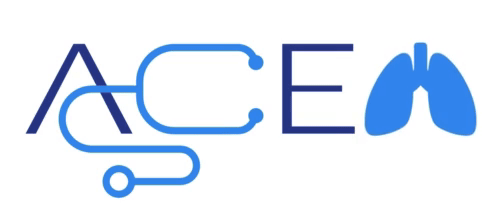info@ace-asthma.com
Asthma Care
Our Services
Allergy Skin Testing
For persons with asthma and allergies, exposure to allergens can increase asthma symptoms and trigger asthma attacks.
Allergies occur when your immune system reacts to substances in the environment that are harmless to most people. These substances are known as allergens.
Inhalant allergens (e.g., pollens, molds, animal dander, and house dust mites) appear to be the most important for children and adults with asthma.
Some inhalant allergen sources can be present in any season, such as animal dander, indoor mold, and cockroach. In contrast, levels of pollens and outdoor mold vary by season and geographic region.
The recommendation is that children and adults with persistent asthma receive allergy testing, particularly for indoor inhalant allergens. Once you know what you’re allergic to, you would be able to identify your triggers, and take steps to avoid or limit your exposure to those allergens.
Drug & Food Allergy Challenges
Drug & Food Allergy Desensitization
Phenotyping Assessments
Compliance Assessments
Asthma Risk Assessment (FeNO and Impulse Oscillometry)
Airway inflammation contributes to airway obstruction and airflow limitation causing symptoms such as wheeze, cough, shortness of breath, and chest tightness.
FeNO stands for fractional exhaled nitric oxide and is used to measure the level of airway inflammation in your lungs. FeNO is the most convenient biomarker of airway inflammation, besides testing is simple, immediate, and non-invasive.
Elevated FeNO values are associated with 3.2x greater risk of exacerbations when compared to low FeNO levels.
FeNO levels are elevated in asthma and reduced with steroid therapy, making FeNO testing a helpful tool when personalizing your asthma care.
Full Pulmonary Function Testing
PulmOne, MiniBox+

This portable, cabinless, pulmonary function test (PFT) machine provides accurate lung testing through Spirometry, DLCO, Lung Volumes, and FEV1 measurements. This fully automatic technology delivers precise measurements at the touch of a button and without the need for complicated cabins.
PulmoScan

The next generation technology in non-invasive lung mechanics assessments. This portable device provides comprehensive lung function results by superimposing gentle impulse oscillations over tidal breathing, allowing us to test patients as young as one year old.
FeNo by NIOX

The most convenient biomarker of airway inflammation. Elevated values are associated with over 3x greater risk of exacerbations. FeNO testing is simple, immediate, and non-invasive.
Bronchoprovocation Challenge
Bronchoprovocation testing is a valuable method used to evaluate unclear or nonspecific symptoms suggestive of asthma. It is especially important for patients with known asthma, as it provides crucial insights about it and provides critical information about how sensitive your airways are, your asthma severity, and how well asthma medicines are working.
Methacholine Challenge Test (MCT) is the most commonly employed bronchoprovocation test. Methacholine is an inhaled medication that causes mild airway tightening (bronchospasm) and is preferred over other agents due to its minimal systemic side effects. You must be able to do a spirometry in order to do a MCT.
The MCT procedure begins with a baseline spirometry to assess lung function. Subsequently, increasing doses of methacholine are administered via a nebulizer. Spirometry measurements are conducted before and after each dose to monitor airway narrowing.
A negative result on the methacholine challenge test significantly reduces the likelihood of an asthma diagnosis.










